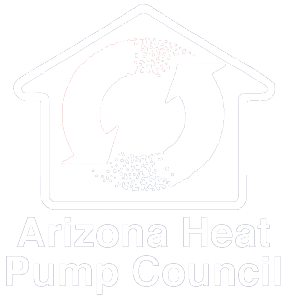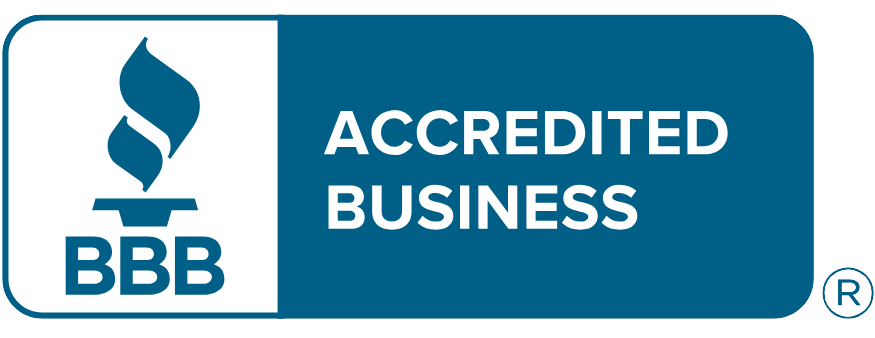
Caring for your air conditioning unit and evaporative cooler during summer months is especially important with the fluctuations in temperatures and humidity levels in the Valley of the Sun. An air conditioning unit has its primetime when the summer heat is on—often having to run most of the day and evening. If you have an evaporative cooler (swamp cooler), it works best when there’s low humidity before and after monsoon season. Here’s how you can avoid these common issues with both types of units.
Dust and Dirt Buildup
AC Unit
Check and change your air filter often. Summer in Arizona means monsoon thunderstorms and dust storms (haboobs) that can overwhelm your air filters. Dust and debris can clog the air filter, leading to a buildup of dirt on the evaporator coils, which makes it more difficult to send air through your system to cool down your house.
Evaporator Cooler
The biggest issue for evaporative cooling is from dust storms. The dust can clog filters, cooling pads, and cause the cooler to stop operating. If you notice decreased air flow indoors, it’s probably due to dust. If your evaporator cooler is ground mounted, you can use a soft bristled brush, or whisk broom to loosen dirt and dust that has collected in the unit. If its roof mounted, your local HVAC technician can clean it.
Mold and Mildew Growth
AC Unit
Your outdoor AC unit is designed to work in all types of weather conditions. You may think it’s a good idea to cover the unit to protect it from dirt, dust, and debris. Yet, covering the unit can result in mold growth, mildew, and corrosion. Indoors, high humidity levels over 50% for an extended period of time can result in mold and mildew rapidly growing in humid areas. Fungicides or a bleach and water mix can work on small areas. For large areas, professional mold remediation may be required.
Evaporator Cooler
Evaporative cooling units can produce fishy or dirty sponge smells. Mold and bacteria can thrive in coolers potentially resulting in respiratory and allergic reactions indoors. To eliminate this odor, the unit needs to be drained and the cooling pads and water tank removed. The pads can be soaked in lemon juice and water. A 50/50 solution of vinegar and water can be run through the cooler to minimize the smell.
Cool Blew
If you’re continuing to experience mold and mildew or other persistent smells, it may be time to call your expert technicians at Cool Blew. Call your home cooling specialists today at 623-872-2900 to schedule an appointment. Beat the heat with Cool Blew!






